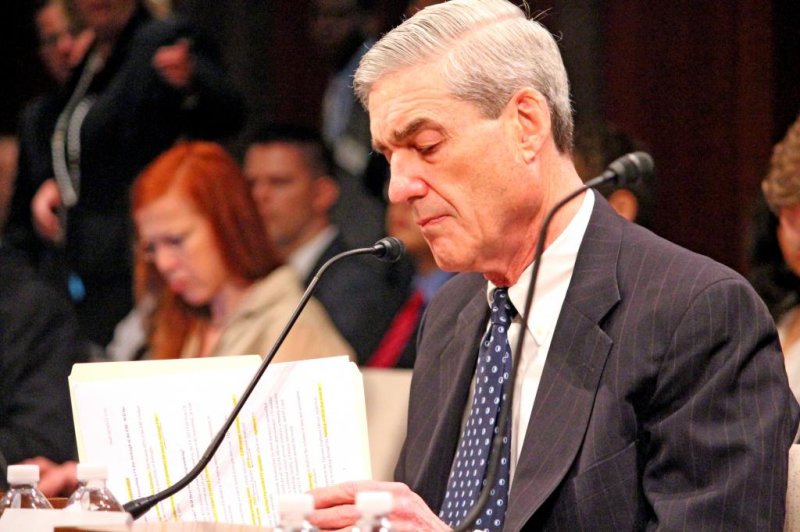1 of 4 | FBI Director Robert Mueller attends the annual Worldwide Threats Hearing hosted by the U.S. House Permanent Select Committee on Intelligence in Washington, D.C. April 11, 2013.
PHOTO - Jennifer-Leigh Oprihory
WASHINGTON, April 11 -- Director of National Intelligence James R. Clapper called open intelligence hearings a risk to national security during a House intelligence hearing Thursday -- but not without a challenge.
“As you know, Mr. Chairman, I have serious reservations about conducting open hearings on the worldwide threat, especially question-and-answer sessions,” Clapper told House Permanent Select Committee on Intelligence Chairman Mike Rogers. “An open hearing on intelligence matters is something of a contradiction of terms.”
Citing the risk of foreign enemies obtaining access to sensitive intelligence information through coverage of such meetings by the media, Clapper underscored the need to protect U.S. “intelligence sources and methods” and “to be sensitive to the often-delicate relations we have with our allies and partners.
“They and our adversaries all carefully listen to and watch these hearings as well -- as I’ve learned the hard way.”
The intelligence chief said Americans can be kept informed of security threats through official statements rather than by requiring intelligence officials to answer questions on the spot in public forums.
But Rogers, R-Mich., objected, arguing that the government owes Americans public information and accountability. He was addressing Clapper, but included the other agencies at the hearing -- the FBI, the CIA and the Defense Intelligence Agency.
“Each of the organizations before us today is a statutorily created entity on behalf of the American people, and most of the work we do in this committee is very sensitive and highly classified,” he said. “If we’re going to maintain public trust and not breed public mistrust, it is very important -- I argue, extremely important -- that they have an opportunity to have a public interaction with the agencies of which they support not only with their hearts, but with their wallet.”
“But I will note for the record that you were dragged kicking and screaming to the committee today,” he concluded.
“That’s accurate,” Clapper responded.
After the hearing Maryland Rep. C.A. Dutch Ruppersberger, the top Democrat on the committee, said he understood Clapper’s reservations.
“He’s concerned about sources and methods getting out,” Ruppersberger said.
But he, too, argued for intelligence transparency, saying it is necessary checks and balances and public accountability.
“We’re not a military state,” Ruppersberger said. “That’s why we have Congress. That’s why we have intelligence committees -- to make sure that… they understand and we understand.”















